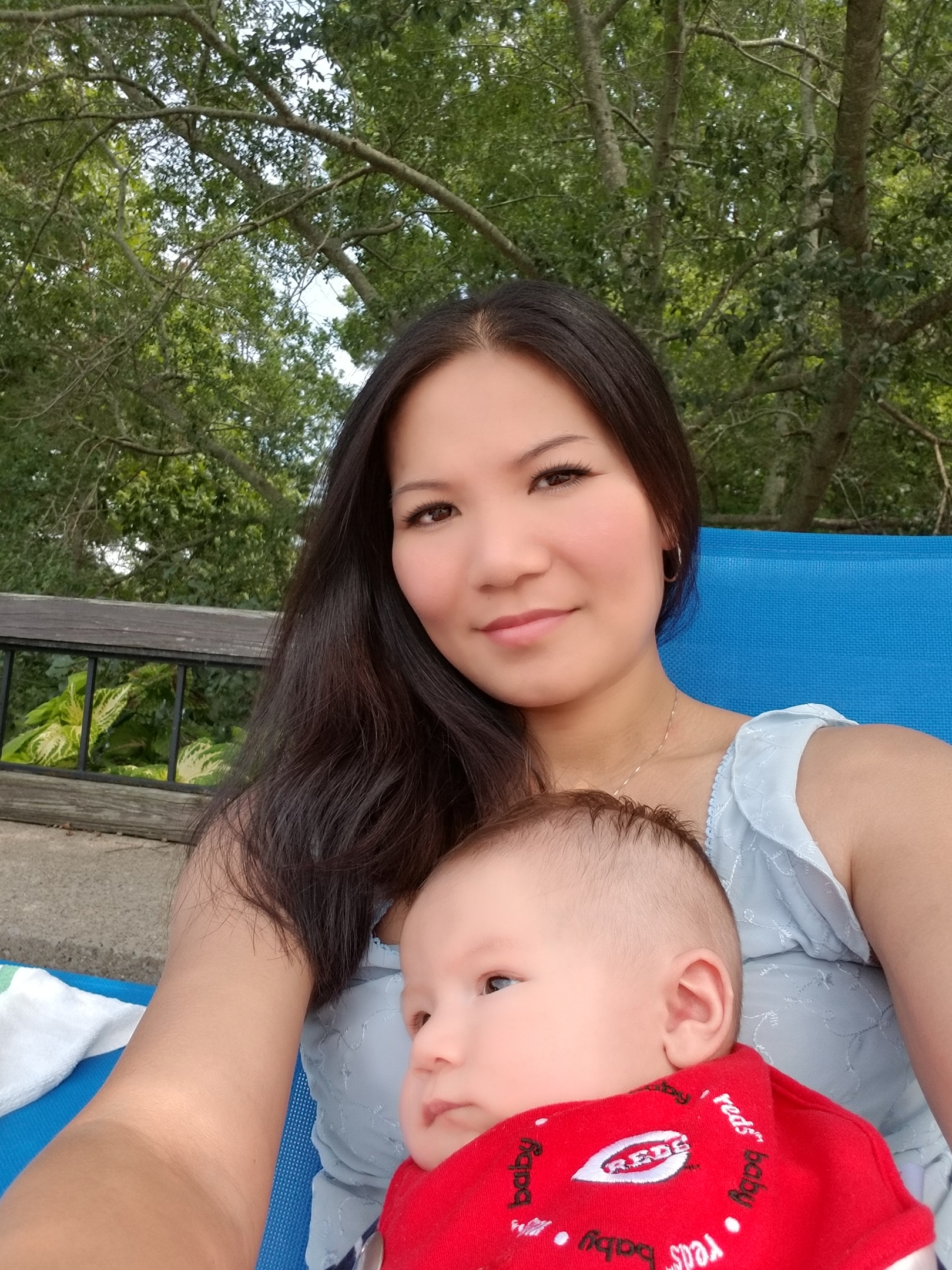I’m having a sudden bout of baby blues, which is normal I suppose. It’s hard since my husband has been gone so much. Since he is an infantry officer, he is always in the field, and always guaranteed to deploy. I’ve always had anxiety, but I suppose having a new baby can be a trigger, as well as a trigger for postpartum depression.
The fortunate thing is that most people realize when they are going through the normal baby blues, or even the more serious postpartum depression symptoms; but postpartum psychosis is a severe clinical problem, and requires stronger treatment.
Certain conditions can make you more susceptible to postpartum depression; such as having an anxiety disorder, a history of depression, PTSD, a chronic or serious illness, financial problems, a history of alcohol or drug abuse, a traumatic event or sudden loss — whether the loss is a job, relationship, etc.
A counselor, therapist or psychologist will use “talk therapy” to try to change your outlook using your cognitive abilities to improve your mental health; a psychiatrist will also do the same, but they are also medical doctors who are trained in general medicine and able to prescribe medication — you would see a psychiatrist for something like postpartum psychosis, as they would be able to provide more effective treatments.
There is no one-size-fits-all when it comes to mental health. Some people can recover with just basic therapy, but others will need a combination of therapy and medication. There are things that you can do on your own to cope with anxiety disorders, mild depression, PTSD, a stressful situation, etc.
One of the biggest triggers for mental health problems are situations in our lives that we can’t control. The Serenity Prayer is a great mantra of understanding what that means — having the ability to accept what cannot be changed, changing what can be changed, and the knowledge to know the difference. This is the basis of all core therapy concepts (funny that it was actually a poem written by a religious man); it is probably the most sensible and realistic thing written and a great foundation for building self-awareness and understanding for overcoming stressors.
Journaling is another great outlet (it’s why I blog!); journaling allows us to write down everything that we’re worried about, re-read it with a different perspective, and look back on it in the future if another crisis develops. Changing your routine can also help; sometimes even something as simple as rearranging furniture can give you that change.
Something that requires you to focus on the task at hand instead of dwelling on the problem, like a hobby (it’s why I crochet and do crafts) or a new skill. If you can afford it, learn a new activity like yoga, zumba, ballet; or learn to play an instrument like guitar or piano; karate or a self-defense class — if money is tight, then teach yourself a new skill like knitting or crocheting. Yarn and a crochet hook are very inexpensive; take up some type of art like drawing; learn a new language — thanks to apps like YouTube and Duolingo, we are in an era of self-taught independence where everything is easily accessible and learned. For myself, having to count the stitches and follow a pattern when I’m crocheting takes away from the negative empty thoughts that will inevitably fill your head when there’s nothing to focus on.
Sometimes you just need a friend. Someone to talk to… sometimes just saying everything aloud to another person is all that it takes to start feeling better; it’s why so many people talk to themselves, just saying something out loud instead of having it trapped in your head can be very relieving.
Whatever method you try, whether on your own or with the help of a professional — accept what you can’t change, change what you can, and know the difference. Good luck.


Originally published at nycgalout.wordpress.com


